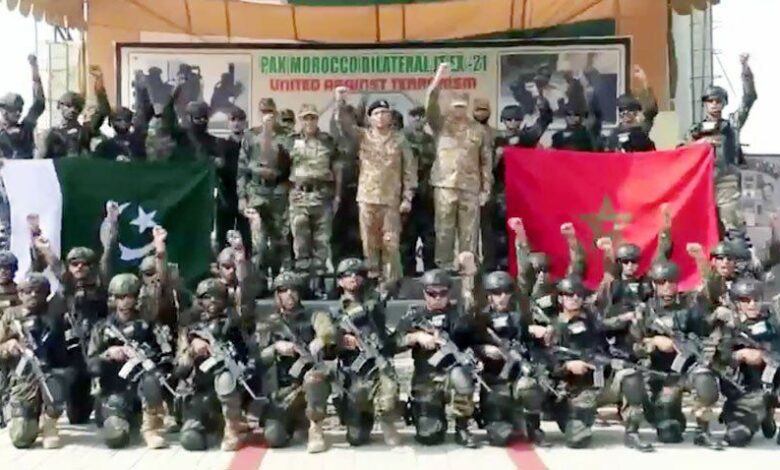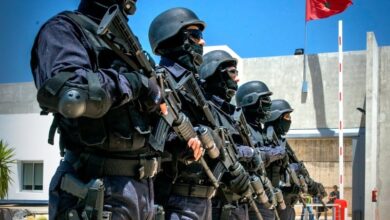Morocco, Pakistan, and Turkey: Future Partners the West Cannot Ignore in the Global Security Equation
Morocco, Pakistan, and Turkey: Future Partners the West Cannot Ignore in the Global Security Equation

Aldar / Analysis
In a world teeming with geopolitical shifts and escalating security challenges, international alliance dynamics are no longer the exclusive domain of traditional powers. New players have emerged—nations equipped with robust defense capabilities and industrial strength—poised to play a central role in shaping the contours of a new global security order. Among these rising powers stand Pakistan, Morocco, and Turkey.
These three nations are not only united by their regional ambitions and rapidly advancing defense capabilities, but their strategic interests also intersect with those of the West across multiple fronts. This convergence makes them indispensable strategic partners for both the United Kingdom and the United States, especially if these Western powers wish to maintain their global influence and secure their interests in critical regions.
Pakistan, for example, is not just a nuclear-armed nation with a crucial geographic location at the heart of Asia. It also boasts a sophisticated military infrastructure. The Heavy Industries Taxila (HIT) serves as a prime example of its defense industrial capacity. Established in the late 1970s, this industrial complex has evolved into a leading center for the production, maintenance, and modernization of armored vehicles, providing vital logistical and technical support to Pakistan’s armed forces.
Morocco, on the other hand, has made bold strides in modernizing its defense system and expanding its military partnerships—not only with Western nations but also with rising powers such as China and India. Its strategic location as a gateway between Europe and Africa grants it undeniable geopolitical significance. Furthermore, its political stability and strategic vision for regional security make it a trustworthy ally in a region often marked by turmoil.
Turkey has also transitioned beyond its traditional role as a bridge between East and West. It has solidified its position as a heavyweight in the defense industrial sector. From drones to advanced defense systems, Turkey has built a pioneering model of defense self-sufficiency, turning its military industry into a magnet for international attention and making it a key player in several regional crises.
In light of this new global reality, the West’s continued reliance on its traditional alliances, without engaging with these emerging powers, would mean missing out on invaluable strategic opportunities. Cooperation with Pakistan, Morocco, and Turkey should not be confined to military coordination; it must expand to include economic partnerships, technological collaboration, and the exchange of expertise.
The world is changing—and those who fail to adapt will find themselves excluded from the levers of global influence. The West must recognize that these new powers are not merely potential allies but indispensable partners in ensuring the security and stability of the international order in the decades to come.





